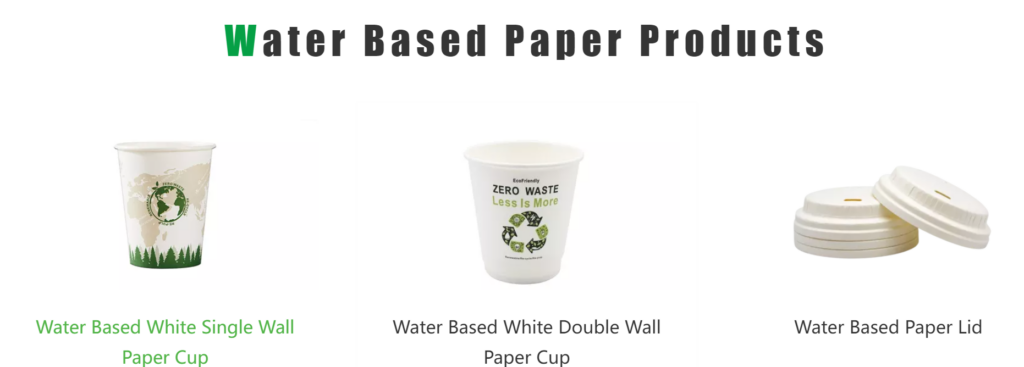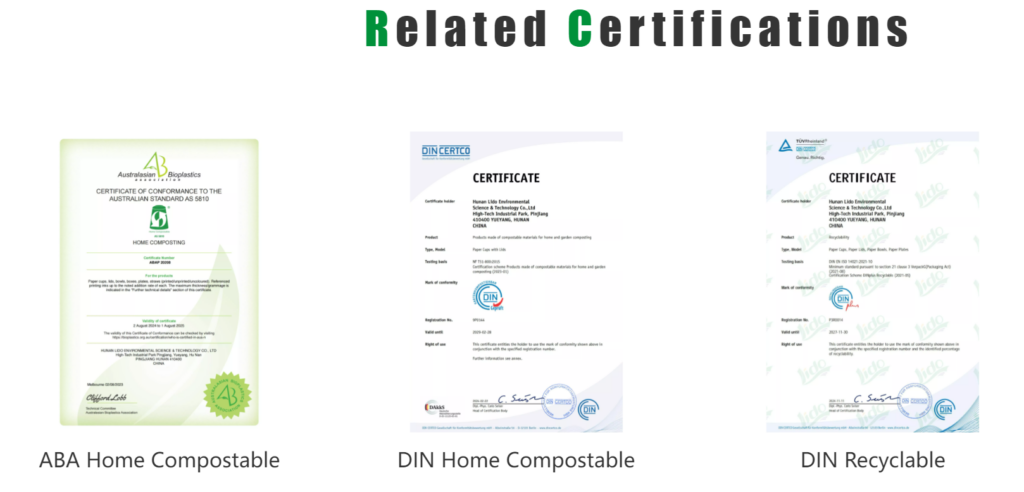The water-based paper products we developed meet the demands of waterproof, oil-proof, and heat-resistant. It can maintain its stability and safety under high-temperature conditions such as microwave heating, and it has characteristics such as recyclable, repulpable, degradable, and home compostable. Truly realized the beautiful vision of “derived from nature, return to nature”.





